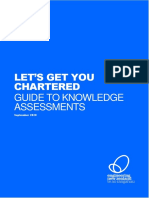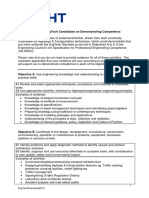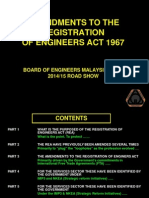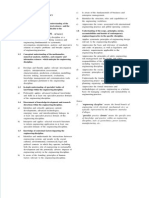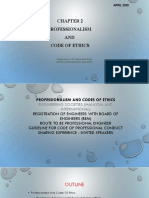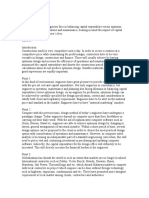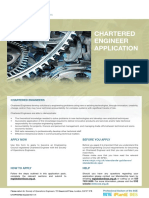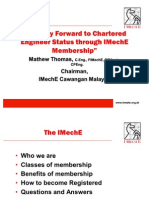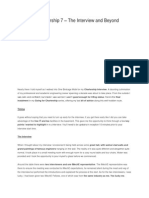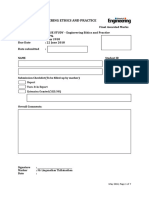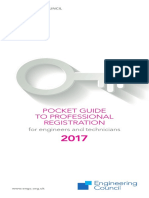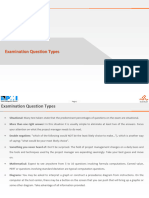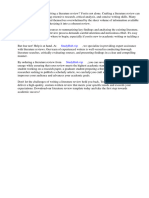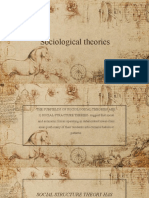0% found this document useful (0 votes)
129 views17 pagesNotes - The Engineering Profession
The document discusses the engineering profession and what defines a professional engineer. It states that a professional engineer has a broad education in engineering sciences, can apply scientific methods to solve problems, take responsibility for their work, and continuously learn through research. Their work requires independent thought and judgment. The document also discusses engineering education requirements, professional licensing and regulation of engineers in different countries and regions, as well as prominent engineering organizations.
Uploaded by
Afisha LancasterCopyright
© © All Rights Reserved
We take content rights seriously. If you suspect this is your content, claim it here.
Available Formats
Download as PDF, TXT or read online on Scribd
0% found this document useful (0 votes)
129 views17 pagesNotes - The Engineering Profession
The document discusses the engineering profession and what defines a professional engineer. It states that a professional engineer has a broad education in engineering sciences, can apply scientific methods to solve problems, take responsibility for their work, and continuously learn through research. Their work requires independent thought and judgment. The document also discusses engineering education requirements, professional licensing and regulation of engineers in different countries and regions, as well as prominent engineering organizations.
Uploaded by
Afisha LancasterCopyright
© © All Rights Reserved
We take content rights seriously. If you suspect this is your content, claim it here.
Available Formats
Download as PDF, TXT or read online on Scribd
/ 17







